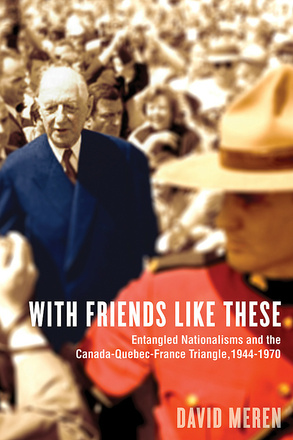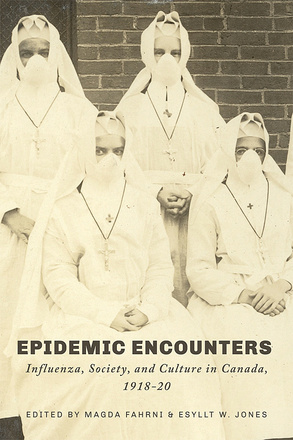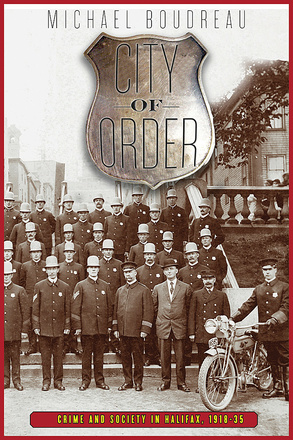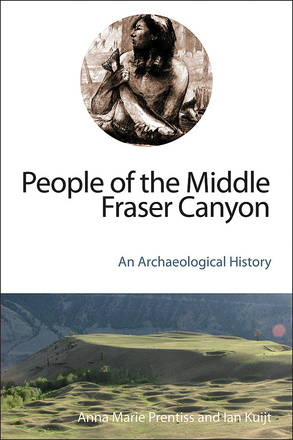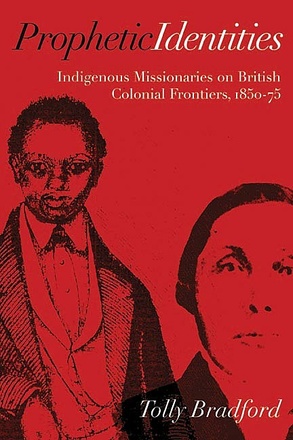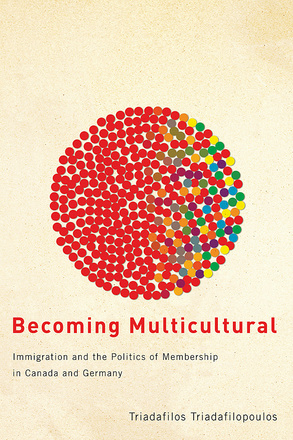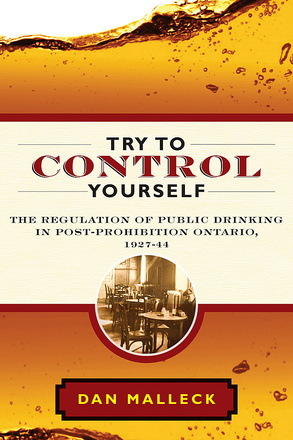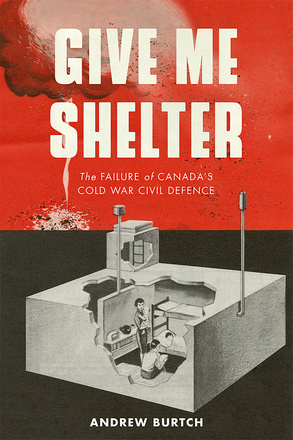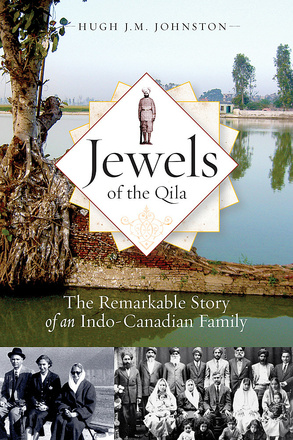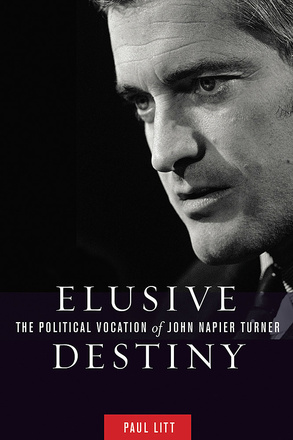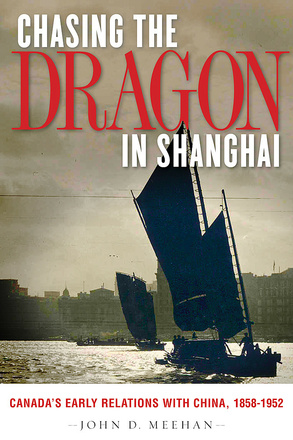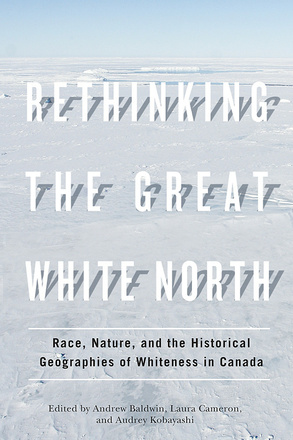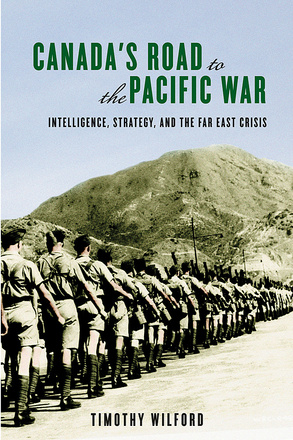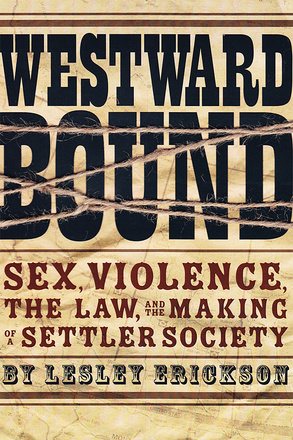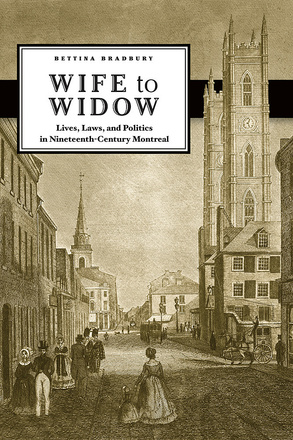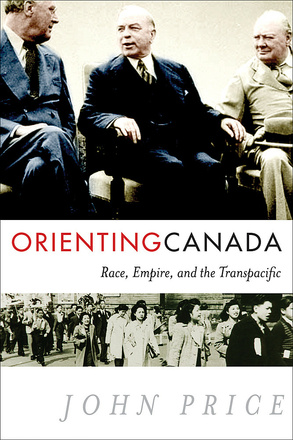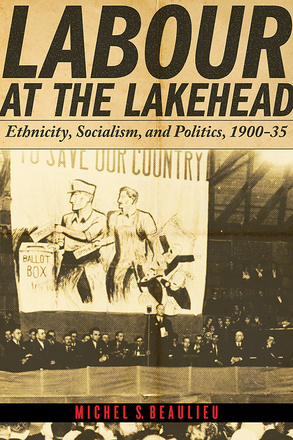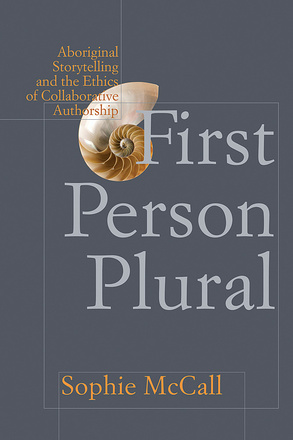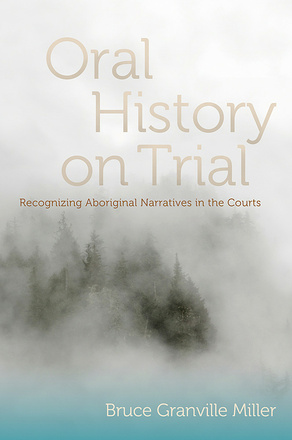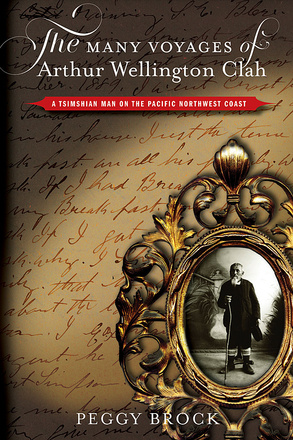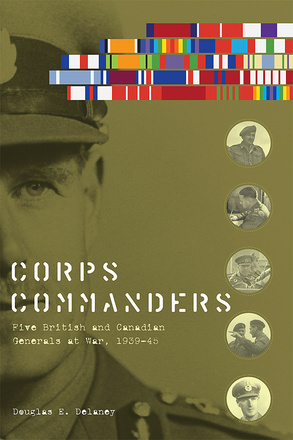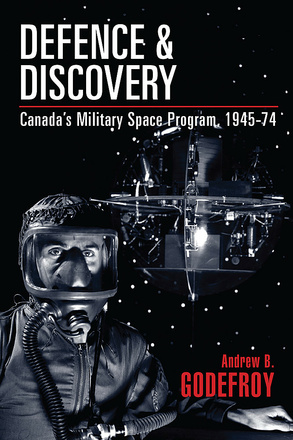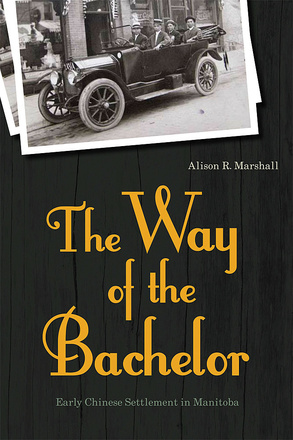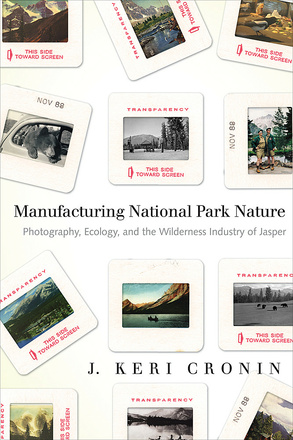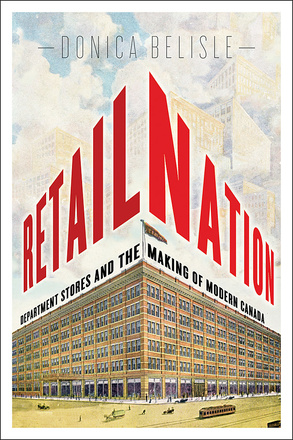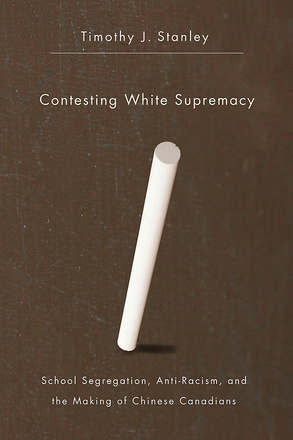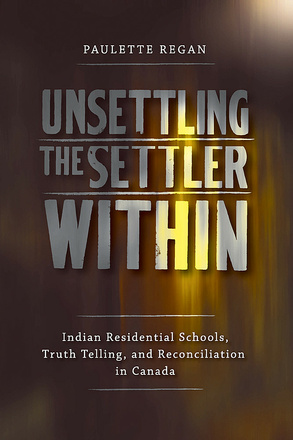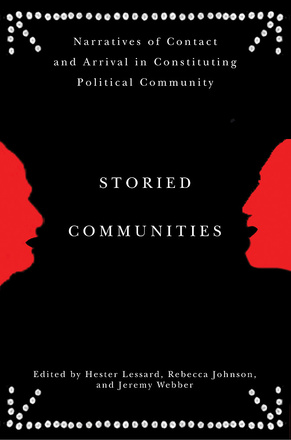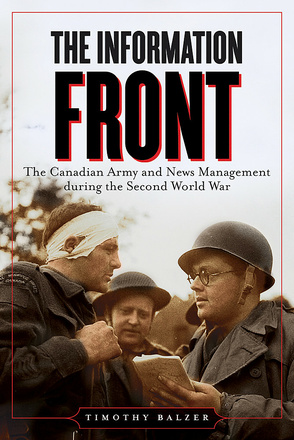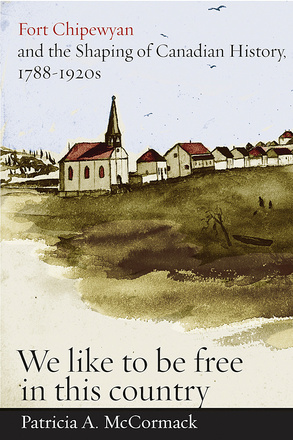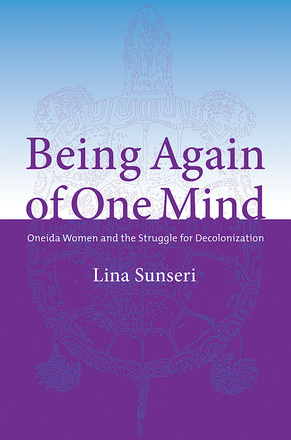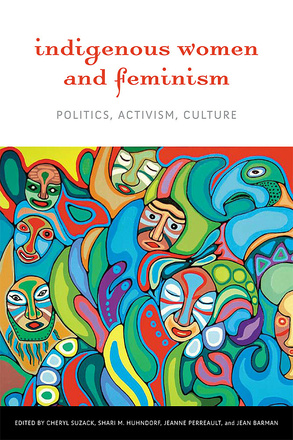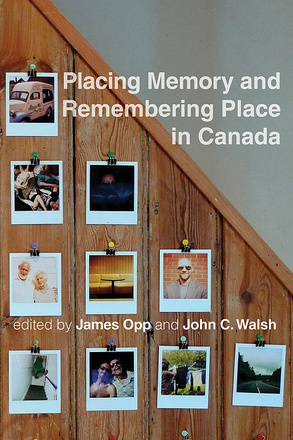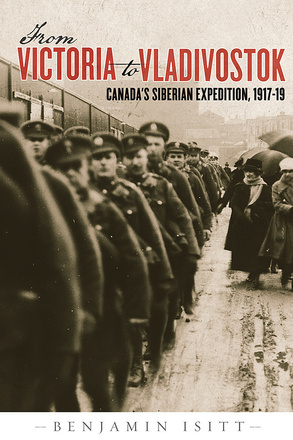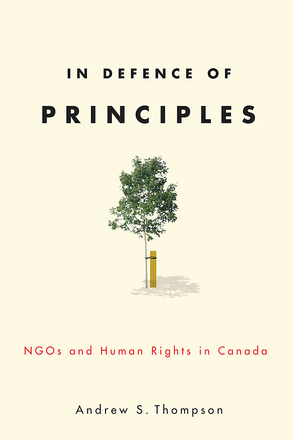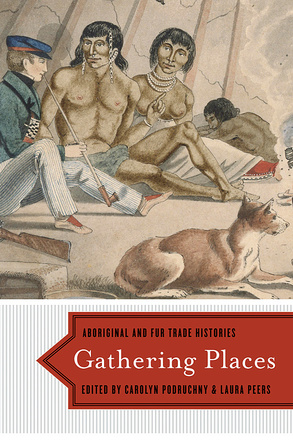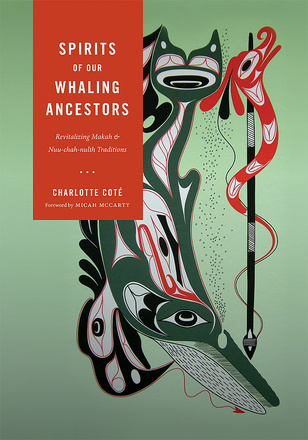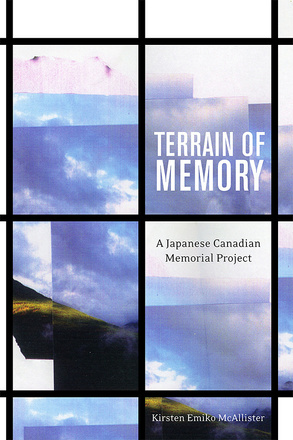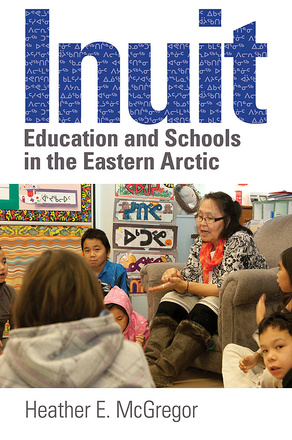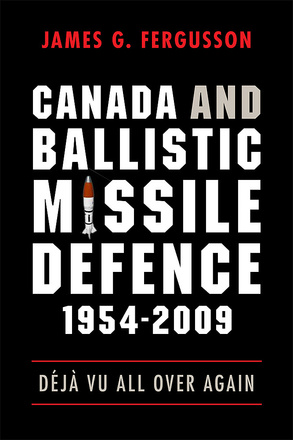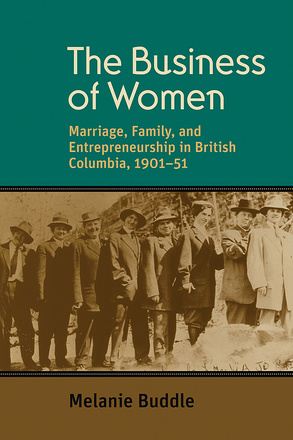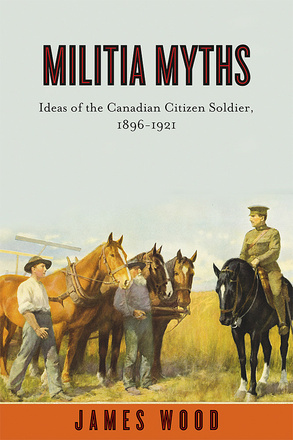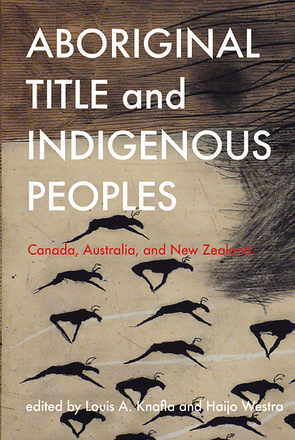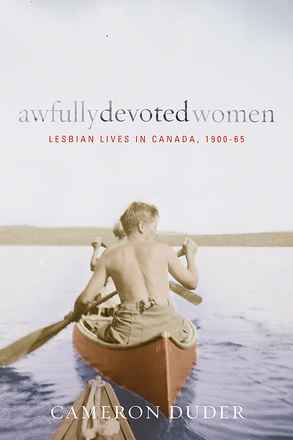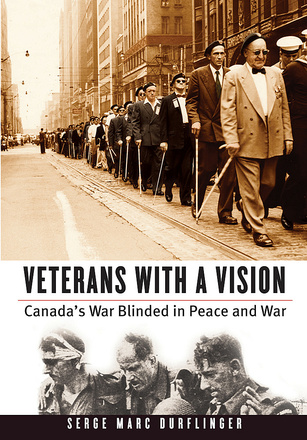With Friends Like These
Entangled Nationalisms and the Canada-Quebec-France Triangle, 1944-1970
Reveals the underlying forces that shaped postwar conflict and cooperation in the Canada-Quebec-France triangle.
Epidemic Encounters
Influenza, Society, and Culture in Canada, 1918-20
A multidisciplinary exploration of Canada’s experience of illness and death during the 1918-20 influenza pandemic.
City of Order
Crime and Society in Halifax, 1918-35
A groundbreaking exploration of the causes and consequences of Halifax’s tough-on-crime measures in the interwar era.
People of the Middle Fraser Canyon
An Archaeological History
The first synthesis of the archaeological and ethnological evidence pertaining to the St’át’imc or Upper Lillooet people of the Mid-Fraser Canyon.
Prophetic Identities
Indigenous Missionaries on British Colonial Frontiers, 1850-75
An exploration of how two missionaries in southern Africa and western Canada used their faith and ties to Britain to rearticulate the meaning of indigeneity.
Becoming Multicultural
Immigration and the Politics of Membership in Canada and Germany
This book demonstrates how global human rights norms intersected with domestic political identities and institutions to transform Canada and Germany into diverse multicultural societies in the second half of the twentieth century.
Try to Control Yourself
The Regulation of Public Drinking in Post-Prohibition Ontario, 1927-44
A fascinating history that challenges common assumptions of how the Ontario government attempted to regulate licensed public drinking after the repeal of prohibition.
A Sisterhood of Suffering and Service
Women and Girls of Canada and Newfoundland during the First World War
This multidisciplinary collection fills a gap in First World War scholarship, revealing the diversity and richness of women’s and girls’ wartime experiences in Canada and Newfoundland.
Give Me Shelter
The Failure of Canada’s Cold War Civil Defence
Give Me Shelter is a revealing examination of Canada’s efforts to prepare its citizens to face nuclear war, from 1945-63.
Jewels of the Qila
The Remarkable Story of an Indo-Canadian Family
This story about a remarkable Sikh family living in British Columbia tells a larger tale about an immigrant community’s triumphs and tribulations and the strong connections that Indo-Canadians continue to forge with their homeland.
A Wilder West
Rodeo in Western Canada
Challenging the well-worn images of rodeo as a white man’s sport, A Wilder West shows how rodeo brought together Aboriginal and settler men and women into relationships of competition and camaraderie, forging new identities and communities in the process.
Elusive Destiny
The Political Vocation of John Napier Turner
This definitive biography of a major Canadian political figure provides a new perspective on federal politics from the 1960s through the 1980s and gives John Turner his rightful place in Canadian history.
Chasing the Dragon in Shanghai
Canada’s Early Relations with China, 1858-1952
Focusing on a century of Canadian initiatives in Shanghai, this book offers unprecedented insight into early Sino-Canadian relations.
Rethinking the Great White North
Race, Nature, and the Historical Geographies of Whiteness in Canada
Rethinking the Great White North explores the troubling side of the images of whiteness and wilderness that are so central to Canadian national identity.
Canada's Road to the Pacific War
Intelligence, Strategy, and the Far East Crisis
An intriguing account of Canada’s role as a Pacific power during the crisis that led to war with Japan.
Westward Bound
Sex, Violence, the Law, and the Making of a Settler Society
Through the study of hundreds of criminal cases, Westward Bound explores how encounters between the courts and ordinary people on the Canadian Prairies contributed to the construction of race, class, and gender hierarchies in a settler society.
Acts of Occupation
Canada and Arctic Sovereignty, 1918-25
This fascinating tale of the rivalries and intrigues that played out as Canada secured the Arctic illuminates an under-explored era in Canadian foreign policy.
Wife to Widow
Lives, Laws, and Politics in Nineteenth-Century Montreal
The diversity of women’s lives as wives then as widows negotiating the law, patriarchy, family relationships, and the economy in 19th-century Montreal come alive in this first major study of widows in Canada.
Orienting Canada
Race, Empire, and the Transpacific
A hard-hitting reconsideration of Canadian foreign policy, Orienting Canada meticulously documents the dynamics of race and empire in the Transpacific from the 1907 race riots to Canada’s early involvement in Vietnam.
Labour at the Lakehead
Ethnicity, Socialism, and Politics, 1900-35
This book explores the early years of leftism in Canada through the prism of ethnicity and a dynamic yet divided community in northern Ontario.
First Person Plural
Aboriginal Storytelling and the Ethics of Collaborative Authorship
Focusing on the 1990s, when debates over voice and representation were particularly explosive, McCall investigates a wide range of “told-to” narratives that have shaped the struggle for Aboriginal rights in Canada, and asks what is at stake in crafting a politics and ethics of collaboration.
Oral History on Trial
Recognizing Aboriginal Narratives in the Courts
This compelling analysis of Aboriginal, legal, and anthropological concepts of fact and evidence argues for the inclusion of Aboriginal oral histories in Canadian courts, and pushes for a reconsideration of the Crown's approach to oral history.
The Many Voyages of Arthur Wellington Clah
A Tsimshian Man on the Pacific Northwest Coast
Drawing on a painstaking transcription of Clah’s diaries, Peggy Brock offers a riveting portrait of a Tsimshian man and his encounters with colonialism.
Corps Commanders
Five British and Canadian Generals at War, 1939-45
Corps Commanders explains how five very different Second World War British and Canadian generals fought their battles, and why they fought them in similar fashion.
Defence and Discovery
Canada’s Military Space Program, 1945-74
A revealing investigation into the origins, development, and impact of Canada’s space program from 1945 to 1974.
The Way of the Bachelor
Early Chinese Settlement in Manitoba
This book documents the religious beliefs and cultural practices that helped sustain and lend meaning to Chinese bachelors in smaller towns and cities of Manitoba.
Manufacturing National Park Nature
Photography, Ecology, and the Wilderness Industry of Jasper
Focusing on Jasper National Park, this richly illustrated book shows how photography has shaped and continues to inform perceptions of nature and ecological issues in Canada.
Retail Nation
Department Stores and the Making of Modern Canada
Retail Nation traces Canada’s modern consumer culture back to an era when department stores not only ruled, but defined, the nation’s shopping scene.
Contesting White Supremacy
School Segregation, Anti-Racism, and the Making of Chinese Canadians
By drawing on Chinese sources and perspectives, this book offers an anti-racist history of the 1922-23 Chinese students’ strike in Victoria and Asian exclusion and racism in British Columbia.
Unsettling the Settler Within
Indian Residential Schools, Truth Telling, and Reconciliation in Canada
Unsettling the Settler Within is a powerful call to action that lays bare the myth of the peacemaking settler and points the way toward a meaningful reconciliation between Aboriginal and non-Aboriginal Canadians grappling with the legacy of the Indian residential school system.
Storied Communities
Narratives of Contact and Arrival in Constituting Political Community
An exploration of the role of storytelling in community and nation building that disrupts the assumption in many works that indigenous and immigrant identities fall into two separate streams of analysis.
The Information Front
The Canadian Army and News Management during the Second World War
The first book on the public relations efforts of the Canadian Army during the Second World War.
Fort Chipewyan and the Shaping of Canadian History, 1788-1920s
"We like to be free in this country"
This meticulously researched study of the most famous of the Treaty No. 8 communities offers a unique perspective on nation building that challenges the nature of history writing in Canada itself.
Being Again of One Mind
Oneida Women and the Struggle for Decolonization
By combining the narratives of Oneida women with a critical reading of feminist literature on nationalism, this book reveals that some Indigenous women view nationalism in the form of decolonization as a way to restore balance and well-being to their own lives and communities.
Indigenous Women and Feminism
Politics, Activism, Culture
This wide-ranging collection examines the historical roles of Indigenous women, their intellectual and activist work, and the relevance of contemporary literature, art, and performance for an emerging Indigenous feminist project.
Placing Memory and Remembering Place in Canada
A fascinating book that situates local places and local expressions of public memory such as statues, photographs, and oral stories at the centre of identity formation in twentieth-century Canada and beyond.
From Victoria to Vladivostok
Canada’s Siberian Expedition, 1917-19
Uncovers the forgotten story of the Canadian Siberian Expeditionary Force – sent to Russia in 1918 as part of an Allied intervention to defeat Bolshevism – despite the objections of many Canadians who were sympathetic to the goals of the Russian Revolution.
In Defence of Principles
NGOs and Human Rights in Canada
This exploration of the activities of four Canadian NGOs in advancing and defending human rights principles sheds new light on the fragility and resilience of human rights norms in liberal democracies.
Gathering Places
Aboriginal and Fur Trade Histories
Scholars from multiple disciplines draw on unique and innovative sources – archaeological and material evidence, personal experience and oral history – to recover Aboriginal and cross-cultural histories and explore new approaches to the past.
Spirits of Our Whaling Ancestors
Revitalizing Makah and Nuu-chah-nulth Traditions
Following the revival of the gray whale hunt by the Makah and Nuu-chah-nulth tribes in the Pacific Northwest, this books looks at the significance of whaling to these societies, exploring environmentalism, animal rights, and what it means to be “Indian.”
Terrain of Memory
A Japanese Canadian Memorial Project
This book explores how Japanese Canadians living in an isolated mountainous valley in the province of British Columbia worked together to transform the village where they lived for over fifty years from a site of political violence into a space for remembrance.
Inuit Education and Schools in the Eastern Arctic
The first history of educational policy, practice, and decision making in the Eastern Arctic, now Nunavut.
No need of a chief for this band
The Maritime Mi'kmaq and Federal Electoral Legislation, 1899-1951
A nuanced account of Ottawa’s failed attempt to replace Mi’kmaw political culture with Euro-Canadian political values and structures.
The Practice of Execution in Canada
The first comprehensive examination of execution as a social institution in Canada.
Canada and Ballistic Missile Defence, 1954-2009
Déjà Vu All Over Again
This insightful book offers an explanation for Canada’s uncertain response to US ballistic missile defence initiatives from the 1950s to the present.
The Business of Women
Marriage, Family, and Entrepreneurship in British Columbia, 1901-51
A groundbreaking study of women entrepreneurs in early twentieth-century British Columbia.
Militia Myths
Ideas of the Canadian Citizen Soldier, 1896-1921
Militia Myths traces the cultural history of the citizen soldier from 1896 to 1921, an ideal that lay at the foundation of how Canadians experienced and remember the First World War.
Aboriginal Title and Indigenous Peoples
Canada, Australia, and New Zealand
Offers a perspective on Aboriginal title and land rights that extends beyond national borders and the contemporary context to consider historical developments in common law countries.
Awfully Devoted Women
Lesbian Lives in Canada, 1900-65
This intimate study of the lives of middle-class lesbians who came of age before the gay rights movement unveils a previously unknown world of private relationships, discreet social networks, and love.
Veterans with a Vision
Canada’s War Blinded in Peace and War
Illuminates the challenges faced by Canada’s war-blinded veterans and outlines the history of the Sir Arthur Pearson Association of War Blinded, an advocacy group for all Canadian veterans and blind citizens.

